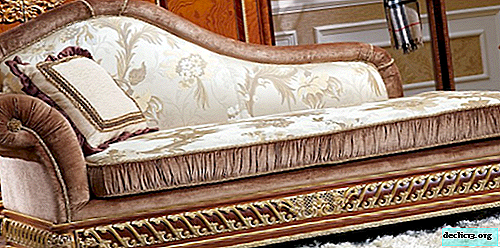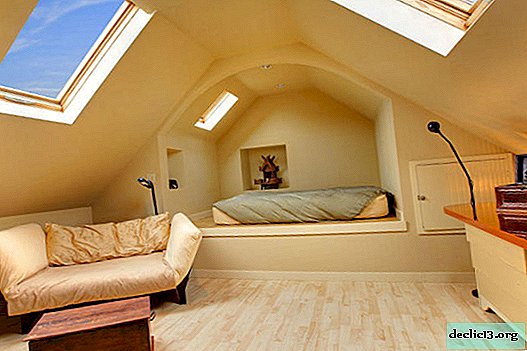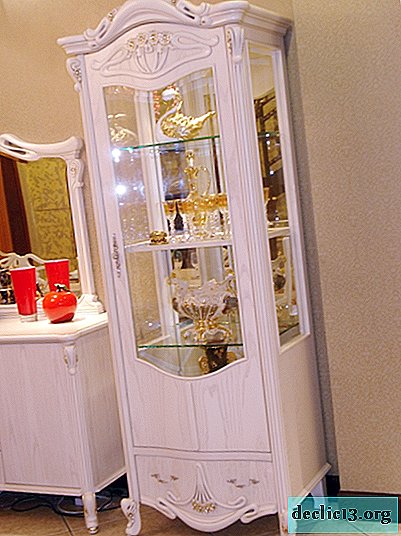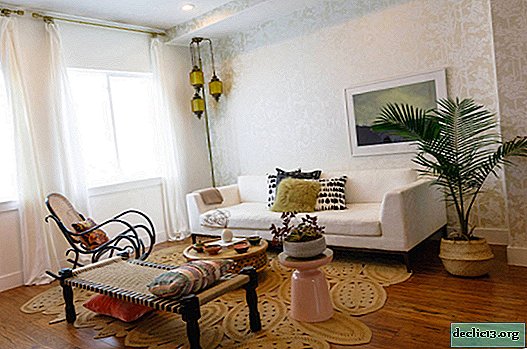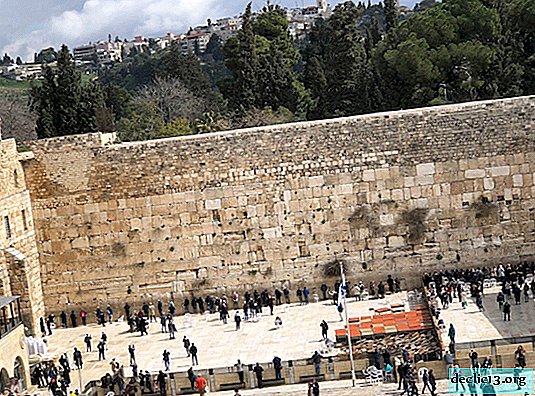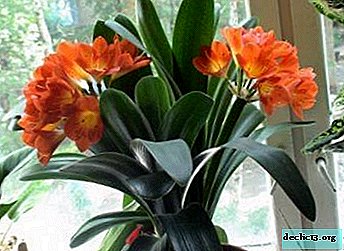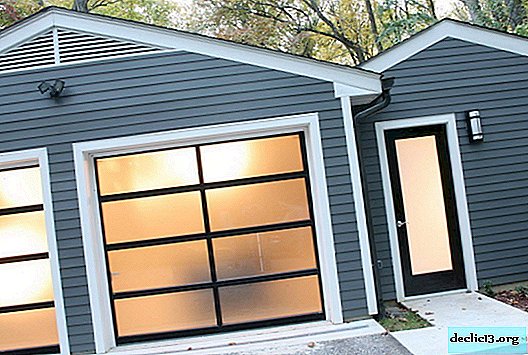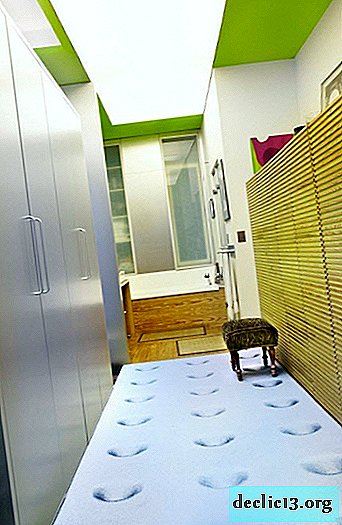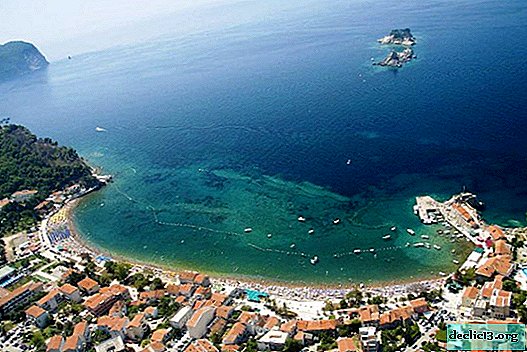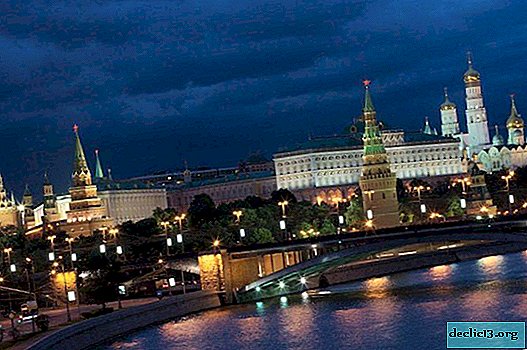Features of Empire style furniture, the nuances of choice
Empire in translation means "empire" or "imperial style", which rightfully characterizes it. After all, the purpose of its creation is to show the greatness of the emperor, wealth, his power, military strength, power. This can be connected both with Napoleon himself and with the inspirer of the direction - Ancient Rome. The main part of the decor is Empire-style furniture, which looks luxurious and majestic.
What is a style?
Empire style originated in France in the 18th century, but not by chance, but quite consciously. That is why the first thing that characterizes it: rationalism in the interior, appropriateness, furniture comfort, and in addition to everything - a pathos thoughtful finish that symbolizes the flourishing of the state under the leadership of Napoleon. At the same time, luxury and wealth are displayed.
In France, this style was popular for about 30 years, and in Russia it "took root" for a much longer period - its features were relevant even in the Stalin era.
The characteristic features inherent in such furniture are:
- natural expensive materials, and for the decor of one room they tried to use furniture from the same breed. These are marble, mahogany, walnut, silk, velvet, bronze;
- symmetry, orderliness of the elements and methods of arranging furniture is manifested in a centric or radial composition. The room is usually furnished with items from the same furniture set - paired armchairs, an even number of chairs;
- official parade - massive forms, lack of frivolous ornate, thoughtful carved surfaces allow you to get interiors where you can meet the most senior and dear guests, causing their admiration;
- jewelry on objects is represented by flowers, floral patterns, geometric shapes, images of the head of a lion, an eagle, mythical ancient creatures. Often carved, decorative elements symbolize military victories, power;
- a large number of mirrors, mainly large ones, are designed to repeatedly reflect the luxury of the interior, to further expand the space;
- most of the furniture is made of bronze and gilded elements;
- the ancient culture of Ancient Rome, Greece, Egypt was reflected in such elements as a Roman couch, columns, cornices.
At the same time, there should have been a lot of furniture, decor items and gilded elements: they adorned large objects, as well as walls, ceilings, cornices.



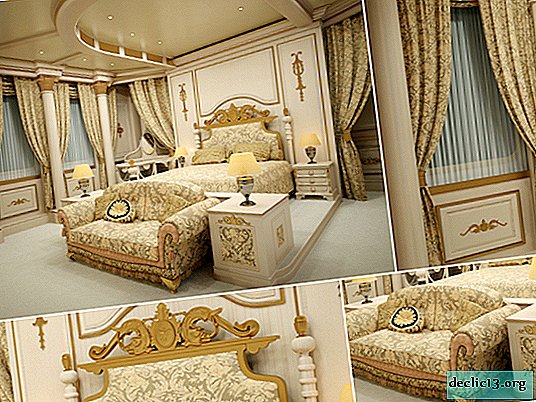

Kinds
Since the birthplace of the Empire style is France, its further development went from there. In Russia, it was fashionable to do everything in the French manner, so the direction quickly mastered the state and royal chambers. Nevertheless, the Empire style in furniture is not traced “in its pure form”, but undergoes some changes that were justified by the taste of the Russian nobility. Now it is customary to distinguish 2 main areas: French and Russian. The main differences between them: pathos and luxury - in the original version, more simplicity and softness - in the second. In addition, one can single out its development during the reign of Stalin.
French
Since the Empire style is characterized by a clear connection with Napoleon, his power was reflected in the appearance of the furniture. It is pathos, pretentious, with lots of finishes, exaggeratedly luxurious, even theatrical. The desire for power is reflected in the numerous motifs that adorn the furniture, where the military theme is clearly traced: peaks, swords, laurel wreaths. Many of the designs have an engraving of the letter N. All pieces of furniture were carefully arranged symmetrically, in pairs.





Russian Empire
A separate direction is the Russian Empire, which, unlike the French, lost some of its "magnificent" forms, became more restrained. The materials have changed: in addition to mahogany, painted birch and embroidery began to be used here, which added to the atmosphere of home comfort. At the same time, ancient forms and ancient Roman elements were preserved.
This difference was explained by the existing imperial ban on the import into the territory of French goods, including furniture. Therefore, there were no original copies, but only sketches and drawings, on the basis of which new headsets were created.
One more direction, nicknamed the "folk" empire, is conditionally distinguished, where certain features of the style popular in the capitals and rich houses were manifested. It is characterized by cheaper materials, and gold-plated linings are often made of dyed papier-mâché.
The furniture of the Russian Empire was quite multifaceted, its appearance strongly depended on the wealth of its owner. For example, the interior of the palace chambers was furnished with items from the most expensive materials and wood with a beautiful, rich finish. The landlord furniture was made according to palace models, but from more accessible materials. In addition, personal preferences of households were taken into account, which left its mark on the final version.





Stalin
Stalin's empire is a special, different from the classical version, direction. He contained at once several ideas, in particular, the ancient Roman art and cultural development of the USSR. As a result, the Stalinist interior is characterized by rigor, massiveness and dimensionality of objects that are easily combined with stucco molding, crystal chandeliers, velvet trim, carved details. A certain palette was used: green, brown, beige, black. The most popular furniture in the style of "Stalin's Empire" acquired in the 30-50s of the twentieth century.
It is quite easy to reproduce an empire in a modern interior, and this trend is enviable. But now they are trying to muffle the pathos somewhat and make them more homely. To do this, choose spacious rooms with high ceilings, where sufficiently massive pieces of furniture will not be piled up. Mandatory elements are mirrors and numerous pillows. The materials used for production are expensive: walnut, mahogany, brocade, velvet, silk for decoration. The tree is usually solid, decorated with graceful handles, gilded elements.





Characteristic materials
Materials for different areas of Empire style furniture are used different, but have a common setting - naturalness and high cost. They are designed primarily to emphasize the position and grandeur of the owner of the premises, to impress the guests. At the same time, mahogany was used in France, and marble, bronze, gold, silver, and crystal were actively used for furniture decoration.
In Russia, the Empire style did not begin to be used in its original form, but received a “free” reading. Mahogany was immediately replaced by ash, poplar, valuable Karelian birch. Worktops were decorated with inlays from ornamental stones brought from the Urals: malachite, lapis lazuli. Instead of bronze elements, wood carvings decorated with gilding were used. Crystal also found reflection in the Russian direction.
Approximately the same situation with finishing materials. For example, the idea of using a tree painted white with gilded elements belongs to Russian craftsmen. Upholstery of upholstered furniture differs: the French was mostly plain or with a laurel wreath, and in Russia, multicolor material was often used, sometimes with embroidery. However, the standard finishing materials were brocade, silk, leather, velor, natural silk.





Rules for use in the interior
If you find the right approach to the decor of the room, then luxurious antique Empire style furniture will be perfectly combined with modern design and decoration. This is due to its massiveness, a large number of objects and rich finishes, as well as the necessary symmetry. One of the main needs of such items for the room is space and high ceilings. For small and gloomy rooms it is worth looking for another solution.
When arranging furniture, it is important to observe the principles of radiation or centric composition, which means highlighting the center of a room or interior in any way. To do this, you can use a drawing on the floor in the center, from which you need to build on the idea, or, for example, a large dining table.
Finishing and decor should be made in the same or similar color scheme. It is also advisable to choose a specific material: for example, velvet for upholstering armchairs and a sofa, chairs and for sewing curtains in the same room. Fittings are important - excellent if the handles of doors, chests of drawers, watches, lamps and other objects are styled the same way, for example, in bronze.
The color palette should be saturated, but not flashy and too bright. White, purple, dark green, deep blue colors that blend perfectly with the golden finish of the elements are welcome. This is real royal splendor.
It is worth noting that in such a solemn atmosphere you do not always feel quite comfortable, but the empire can easily be made softer. The market has a large number of stylized furniture, including upholstered furniture, which is designed specifically for life, and not for solemn and pathos receptions. In this option, there is also modest luxury, antique motifs, but not in elaborate form.





Which is better to choose
A set of interior items remains standard, but new, previously unused, designs are used: trellis, narrow display cases, sideboards. The most typical Empire style furniture can be called:
- sofas and couches with wide seats, low backs, trimmed with expensive fabrics: leather, brocade or silk. The frame may be of metal, for example, bronze, or natural wood. Wooden details are usually decorated with curly carvings. An interesting detail can be legs made in the form of an animal or its paws. A must-have attribute are numerous small pillows;
- chairs of rather large sizes with low backs can be decorated with sidewalls depicting antique griffins, swans. Almost always the seats are soft, upholstered with expensive fabrics;
- armchairs in appearance strongly resemble chairs - wide and short. Because of the beautiful upholstery and gilded ornaments, they often look like a small royal throne. A small ottoman for legs can complement the headset;
- the cabinets are very impressive in size - the minimum width is 130 cm, and are made from a solid array of expensive rocks. A common element of decoration is a mirror, gilt elements, beautiful curly pens in bronze. Innovation can be called a cabinet, a showcase behind glass, where valuable objects or beautiful dishes were displayed. Shelves were made glass;
- tables - round or rectangular, large or small, depending on the functional purpose of the furniture. Legs are usually curly, with beautiful bends. If the table is small, then only one leg is made for it. The material of manufacture can be not only wood, but also marble, and the countertop is often laid out using the technique of mercury, mosaics or inlays of stones, sometimes semi-precious. The standard composition is a headset consisting of a huge dining table with high chairs;
- the beds, like the rest of the furniture, are large and massive. The headboard attracts attention with beautiful carvings or can be soft, upholstered with expensive material. A canopy can be made of the same material or sofas and ottomans can be installed in the room;
- a crystal chandelier and mirrors cannot be called a piece of furniture, but they occupy a very important place for creating an empire interior. It was from here that the fashion for dressing tables with a mirror went, and crystal chandeliers remained in our homes for a long time.
Usually, to stop the interior, Empire-style furniture is made to order or bought out with a whole set. So it is easiest to come to harmony, since all materials are already matched to each other and correspond to the overall color scheme.
The Empire style can be called the culmination in the development of the classical direction. He still adheres to standard forms and strict lines, but already admits new trends, manifesting themselves in the lush and elaborate decoration of furniture. Nowadays, there are no restrictions, and you can safely embody the most daring ideas with the participation of stylized furniture.
Video
Photo



